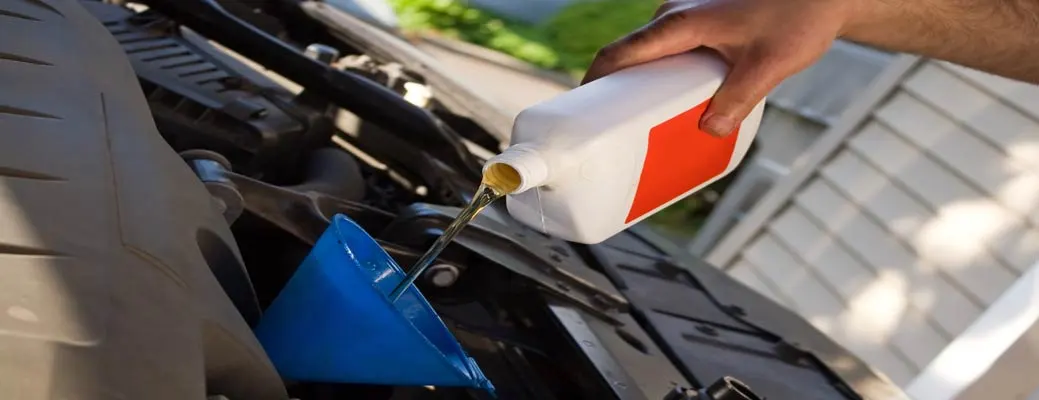The Benefits of Changing Your Own Oil and Tires


Routine oil changes are essential to your car’s performance and longevity. That’s why experts recommend changing your car’s oil every three months or after 5,000 miles (these recommendations can vary based on your car and climate). With a cost of up to $100 per service, you may be asking yourself: Should I change my own oil?
While there are pros and cons to changing your own oil, the benefits of maintaining your vehicle yourself are plenty. Working with engine oil can be an intimidating prospect, but changing it yourself is worth it for a range of reasons. Here are three benefits of changing your own oil.
Obviously, when you buy your own parts and provide your own labor, it is cheaper to change your own oil. But your time is money, too; when you don’t have to take your vehicle to a dealership or auto body shop, you’re saving yourself a commute and a boring wait. When you take matters into your own hands, you can save time and money by changing your own oil.
Intimidated by changing your own oil? It’s probably easier than you think. Plus, knowing how to change your car’s oil is a valuable skill that you can benefit from for years to come. Before you get started, make sure you have these few basic tools on hand:
Nervous about getting started? Find another auto expert to mentor you, or go to the internet! Online tutorials abound, such as this one from Edmunds.
Another key reason to change your own oil? It’s one of the most important things you can do to maintain your vehicle’s health. Oil is essential to keeping the engine running smoothly, and by changing it at appropriate intervals (check your manual for specifics), you’re helping ensure your vehicle stays running strong.
Tires are even easier to change than your oil. Most cars come with a dummy tire, wrench and jack for just such an emergency. Note that dummy tires, also called donuts, are only meant to be driven for a limited number of miles, and at slower speeds. They aren’t a permanent solution — they’re a way to get you to a shop so you can get a more permanent replacement tire.
Changing your tires and oil go hand in hand, and rotating your tires every time you change your oil means that they will wear more evenly, which adds up to increased fuel efficiency and a longer life for your tires (which aren’t cheap!). Rotating your tires, as opposed to just replacing one temporarily, takes a little more skill. For this, you’ll need:
As with most things, you can turn to the internet to find videos that will walk you through the process.
With Roadside Assistance from Farm Bureau Financial Services, you can be sure that you’ll be able to get back on the road as quickly as possible after a breakdown. Talk to your local Farm Bureau agent today to make sure you have the coverage you need.